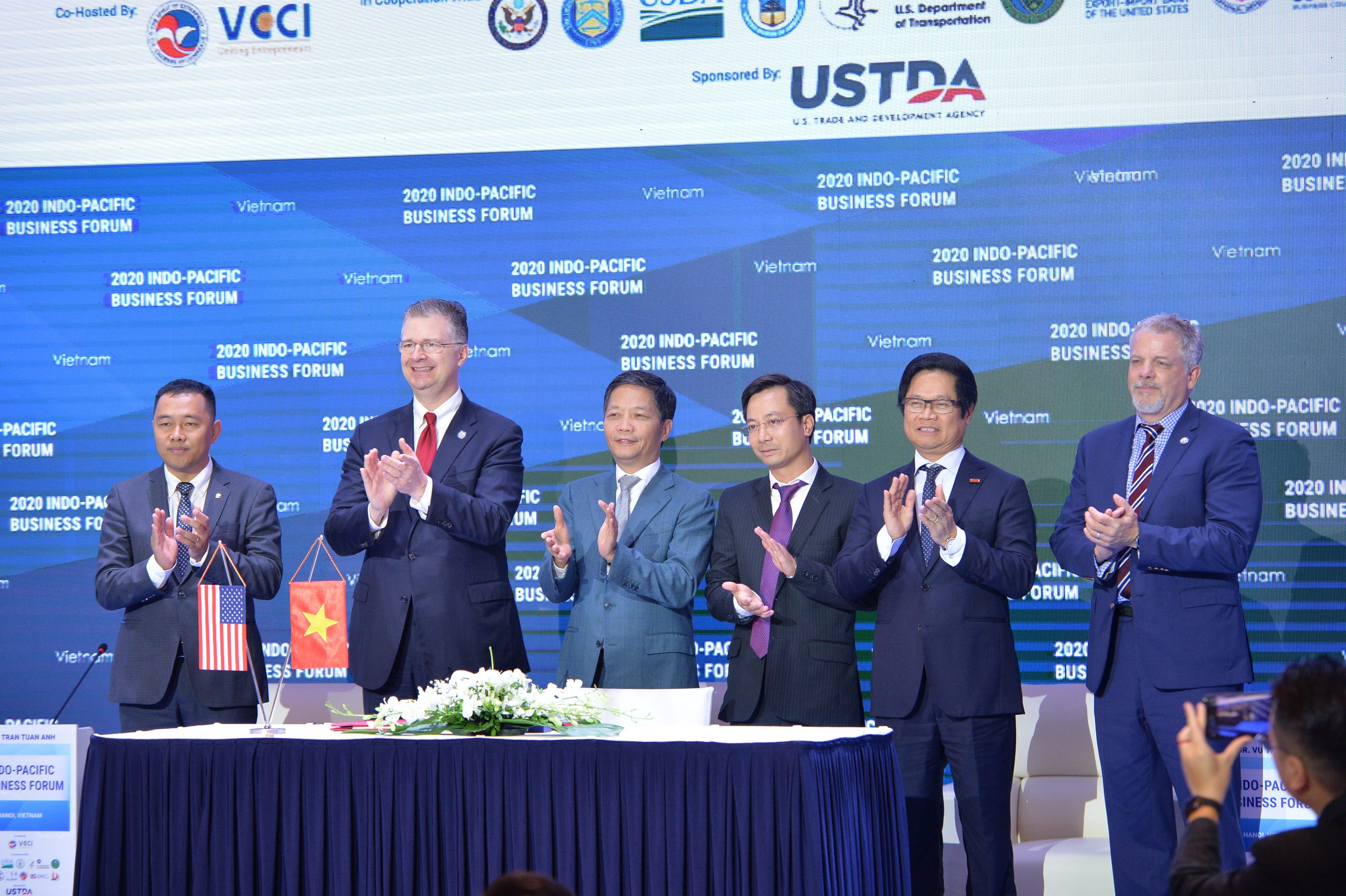
After months-long attempts to persuade Vietnam to reduce the most favored nation (MFN) tariffs on U.S. ethanol – the lowest possible tariff a country can assess on another country with the most favored nation status – the U.S. Grains Council (USGC) anticipated a five-percentage point reduction on import tariffs for ethanol into Vietnam. In October, the Council and the Vietnamese Ministry of Industry and Trade signed the official memorandum of understanding – a win-win for both U.S. farmers and agribusinesses looking to export more ethanol to Southeast Asia’s fastest-growing economy and for the Vietnamese government.

Officials in Vietnam are looking to increase a national fuel blend mandate to 10 percent, and the reduction in tariffs for fuel-grade ethanol had the potential to expand trade to a market with a 170 million-gallon (60.3 million bushels in corn equivalent) ethanol deficit while still supporting Vietnamese tax revenue. Increased ethanol imports would support Vietnam in reaching its E10 nationwide goal and provide an incentive for the country’s ethanol industry to increase production and sales.
Vietnam does have a domestic ethanol industry, but local supplies cannot meet total demand to achieve the country’s current blend standard. Thus, Vietnam uses trade to support the fulfillment of its policy. Previously, imports faced tariffs of 17 percent for 100 percent pure ethanol and 20 percent for 99 percent or less pure ethanol.
As a result of these efforts, U.S. ethanol exports to Vietnam increased 12 percent from January to August 2020 from the prior year despite COVID-19 market contractions, amounting to 2.72 million gallons (10.3 million liters, equivalent to 965,000 bushels) valued at $6.6 million.
This potential market could grow even more if the Vietnamese government moves to an E10 blend mandate. That policy change would mean Vietnam could become a 218 billion-gallon (825 million liters) ethanol market, equivalent to 77.3 million bushels of U.S. corn.
Over the same period, other countries in Asia were also bright spots for U.S. ethanol sales: South Korea’s imports jumped as a result of the need for ethanol for hand sanitizer, and Indonesia removed a ban on U.S. ethanol, allowing product to enter the market by way of pre-blended fuel.

